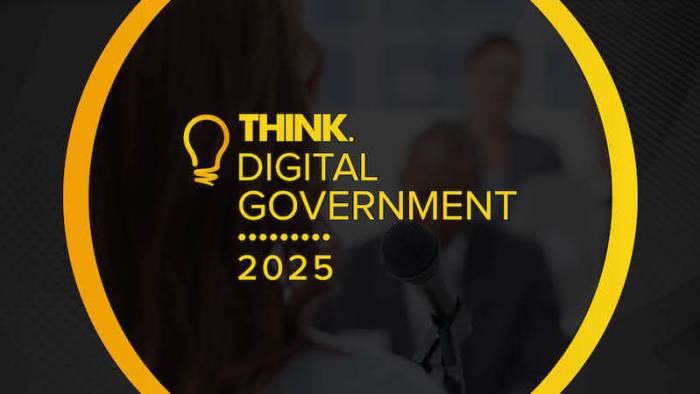There is a gap between online privacy concerns and solutions in Britain, according to a new study.

More than nine out of 10 (92 percent) of Brits say online privacy is important to them – higher than Australia, Germany, US and Canada. Yet, they were found to use privacy tools the least out of all surveyed countries.
Moreover, a third of Brits would also sacrifice their online privacy for higher quality online services.
The study by cybersecurity company Surfshark comes as an 800 percent global rise in cyberattacks had been reported over the recent weeks.
Out of almost 2,000 people from the UK, Germany, Canada, the US and Australia, as much as 90 percent stated that online privacy is important to them, while a third had already suffered data breaches. More than 70 percent of UK residents expressed that they feel worried for their online safety.
If you liked this content…
“Since Russia invaded Ukraine on February 24, global cyberwarfare has increased,” said Aleksandr Valentij, chief information security officer at Surfshark. “It’s challenging to contain cyberattacks in exact regions, and there’s always a significant chance of collateral damage to almost any country on this planet.”
Brits use privacy tools less often than the rest of respondents, with only Germans being more laid back about their approach to app privacy settings. Two-thirds actively manage their app permissions and are selective about which cookies they allow on websites. Additionally, 1 in 3 Brits still choose to put the quality of apps, websites and platforms before their privacy.
“Now it’s important to treat any suspicious activity much more seriously, especially phishing attempts,” said Valentij. “Although the risks are elevated, there are basic ways to protect yourself online. Don’t download files from unknown or unsecured HTTP pages, keep all your software up to date, make backups in case of ‘wiper’ types of attacks and use antivirus, VPN and firewall solutions whenever possible.”
In January, The National Cyber Security Centre (NCSC) issued new guidance, saying it is vital companies stay ahead of potential threats. During the first days of Ukraine’s invasion, a suspected Russian cyberattack caused a partial outage in its residential broadband services in Ukraine and other European countries.








